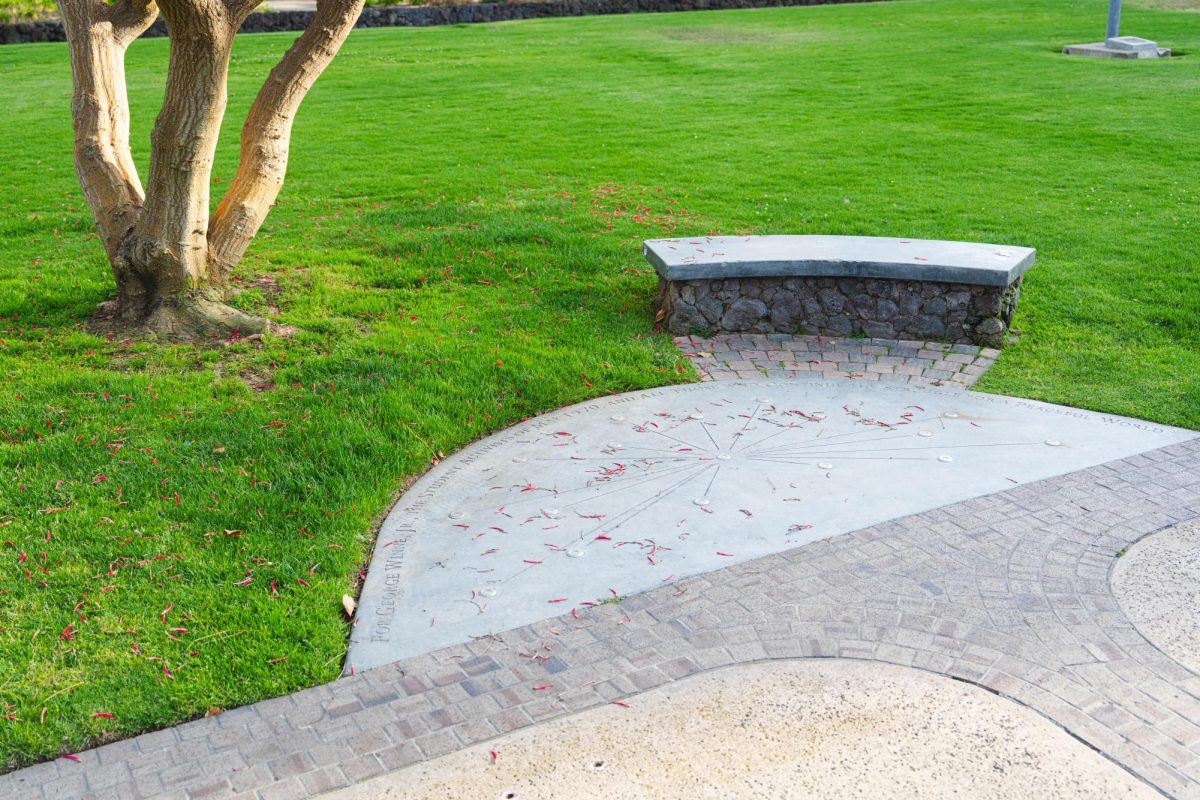Before I left to study abroad in Barcelona, everyone from my mom to my hairdresser Greg shared one common premonition: I was, without question, going to have the time of my life. The history, the tapas, the hombres — “oh,” Greg insisted, “the hombres!” — what a ball I’d have.
After promising to Skype often and smuggle soccer players in my suitcase come Christmas, I packed my room in milk crates and trash bags, and was gone.
Except the first few days didn’t quite turn out as planned. I wasn’t greeted at the terminal by a troop of World Cup champs. No charming caballero spared me the embarrassment of lugging a colossal orange suitcase down Barcelona’s ritziest street, hunched to the ground and sweating tears due to a broken handle. My first memories of tapas will forever reek of loneliness and jet-lag.
But best of all, I arrived homeless.
My first challenge in the city that sleeps in the middle of the afternoon was to find longer-term lodging other than the hostel bunk I had reserved prior to my departure. I’d tried in vain to track down an apartment on Craigslist in the weeks before I left, but the prospects of committing to live with strangers — and sending two months’ rent to an unknown across the Atlantic Ocean — were both pretty bleak.
And so I searched. And my bunkmate, Frank, a German exchange student who’d gotten in the day before with equally negligible planning and Spanish comprehension skills, searched with me. We scoured the local equivalent to Craigslist — a site called Loquo.com — employing such advanced search terms as “estudiante,” “chicos” (which, apparently, is seldom listed without being qualified by “gay”) and, in more desperate moments, “English,” to track somewhere to hang our respective hats.
Frank suggested early on that we visit some of the rooms together, which was fine by me. Our first stop: the apartment of a 29-year-old artist and teacher whose name eluded us. After being buzzed in and ascending the ill-lit staircase, though, we were taken by surprise: Anna (or Carla or Maria, but let’s stick with Anna), bless her soul, had long since waved her 20s a careless, cigarette-wielding goodbye.
Ignoring our feeble attempts at textbook-Spanish pleasantries, the woman stood at the entrance confused: There was only one room, but two of us. Thankfully, because “amigo” remains within the narrow bounds of my vocabulary, I was able to explain that I was only there as a friend. Not para mí.
Once the basics were settled, Anna told us to take a seat on the couch in her office. She rattled off the pertinent details in a weary, practiced monotone: no smoking, no fiestas, no loud music (especially not on Sunday), no guests unless they’re paying 15 Euros a night. Questions? No questions. Vamos.
The room itself was nothing remarkable. The flowery bedspread might not have suited Frank’s Teutonic sensibilities, and the lighting probably couldn’t have held a candle to Lindsay Lohan’s prison bungalow, but it certainly could have sufficed for a few months. Except, somehow, Anna’s insistence on padlocking the bedroom doors sort of eliminated any sense of rustic homeliness. And safety. We politely admired the washing machine and were on our way.
The next 72 hours of my life tell a story replete with confusion, heartbreak and occasionally indecent hallway ornamentation. Appraising a stranger’s home and sheepishly asking about their level of substance abuse is an awkward enough proposition at home, but with a second-grader’s vocabulary? It’s a lot worse. I promise.
Plus, the prospective housemates I’d met a couple nights before — ones who were the stuff of my study-abroad fantasy, as they were all from different countries and shared gourmet dinners in the living room — had just passed on me, doubtless due to my contemptible silence and awkwardness. Could asking a little about someone’s tesis really be that hard? It is called a tesis, isn’t it?
Except it didn’t have to be so terrible. Sometime in the middle of the third day, I was [Frank had already found a place by then. Bastard.] struck by inspiration in the form of a good friend of mine from school. With the dreadful days of recruitment fast-approaching for her, I’d gathered a rudimentary understanding of sorority attraction: Stop eating, start smiling and maybe pretend you love going to Big Bear, too. In other words, small talk.
Sure, it’s hard to keep the cheer alive when you’re craving a torta, but it’s worth it when the new girls are pretty. And my new apartment needed to be pretty.
After this, I schmoozed with the best of them, language barrier be damned. I attentively commented on Nuria’s charming balcony and San Francisco mug (“There it is, and here I am — Funny!”). I asked Kenneth, the architect, about his extensive CD collection (but he didn’t have WiFi; automatic no-go).
By the time I finally made it to the actually-charming duplex that I’ll be calling home for the rest of the year, making Spanish small-talk was a breeze. Maybe it’s an elementary-school lesson only necessary for an artless second grader, but it works for me: Showing a little genuine interest in someone is usually enough to land you right on your feet.






